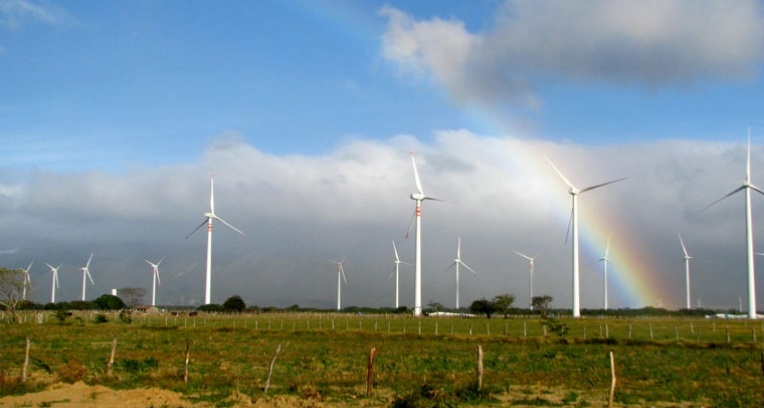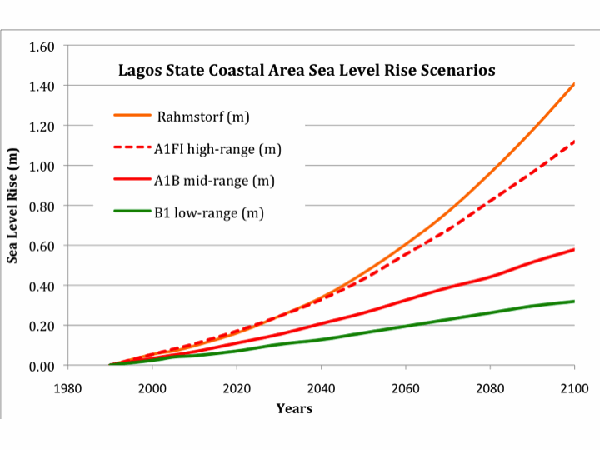
Policy Analysis Services
Our multidisciplinary experience is well positioned to help organizations solve complex technical and policy issues. We use applied quantitative and qualitative policy and risk analysis models and develop customized computational models to solve specific problems. The areas of our specialization include:
- Technology Policy Analysis,
- Infrastructure Development Policy Analysis
- Industrial Investment Policy Analysis
- Development Economics Policy Analysis
- Applied Policy Analysis
- Public Policy Analysis
- Energy Policy Analysis
- Climate Change Policy Analysis
- Environmental Policy Analysis
We are well equipped with advanced policy analysis tools to solve our client complex problems.
Examples of Tools and Computational Models Being Used at Epsilon:
- Applied quantitative and qualitative policy analysis tools
- Multi-Stakeholder Participatory Approach (MSPA) Model
- Cost-benefit analysis
- Statistical analysis
- Risk analysis under uncertainty
- Monte Carlo simulation
- @Risk
- Optimization analysis
- Decision-making tool development

Sample Projects
Optimal Energy Options Under the Clean Development Mechanism
We have quantitatively evaluated the cost-effectiveness of renewable energy technologies in achieving low abatement costs and promoting sustainable developments especially in developing countries. The peer-reviewed paper is available at Energy Policy Journal.

Water Supply Investment Options Analysis Under Climate Change
A case study titled "Water supply investment decision-making under climate change variability – New York City" has been conducted, which was presented at the Safety and Reliability of Complex Engineered Systems, held 7-10 September 2015 in Zurich, Switzerland. The paper is available at the proceedings of the 25th ESREL 2015.

Coastal Risk Analysis and Adaptation Strategy Development
In the project funded by the United Nations Industrial Development Organization (UNIDO), Dr. Asmerom Gilau, Principal Researcher at Epsilon Innovation Group has conducted coastal sea level rise risk analysis. The opposite graph shows the City of Lagos, Nigeria coastline sea level rise scenario analysis developed by Dr. Asmerom Gilau in a project funded by the United Nations Industrial Development Organization (UNIDO). Nicholls et. al. (2007) indicates that out of fifty coastal cities of the world, the City of Lagos is one the top twenty populous cities exposed to present-day extreme sea levels. The report indicates that next to Dhaka and Chittagong of Bangladesh and Ningbo of China, Lagos is ranked the fourth highly exposed city to sea level rise and storm surge. This also implies that developing countries who has no strong technical capability and financial access are at risk.
Click on the graph for high resolution.

